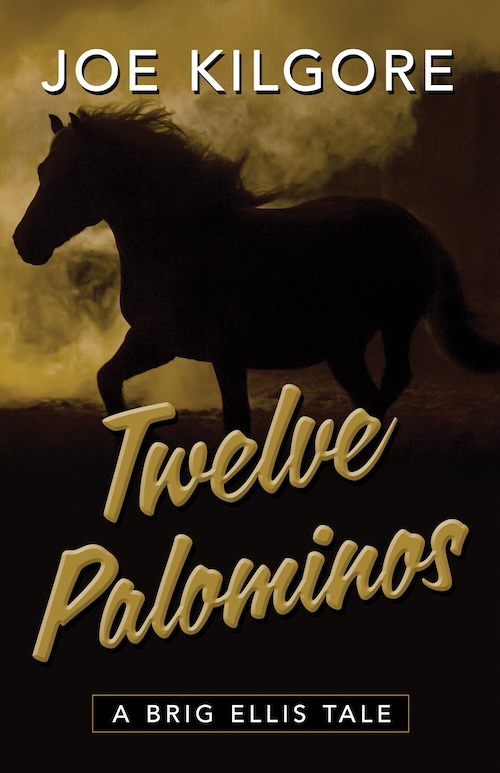When Good Is Bad Forever
Tuesday, March 1st, 2011Most of us have our morals. This is good. That is bad. This is right. That is wrong. Hemingway said something like, “When it feels good, we know it’s right. When it feels bad, we know it’s wrong.” But what happens when it feels good and bad? When it seems right and wrong? When it brings sunshine to your heart and sorrow to your soul at the same time?
Such is the crux of James W. Nichol’s brilliant novel of love and war, Transgression. In war, everything changes. Day is night and nights are endless. Killing is honorable and pacifism is cowardly. Hate becomes the coin of the realm. Survival is still acceptable, but at what cost? In war, things that are important in peace, things like friendship and love and longing, become petty and small and without meaning when compared to the bigger picture, the grander stage, the ultimate outcome. Unimportant to most, perhaps. But not to all.
In Transgression, a sixteen year old French seamstress, falls madly in love with a nineteen year old German soldier. She’s the occupied. He’s the occupier. But events conspire (as they often do in novels) to bring them together. He helps her when he shouldn’t. She’s thankful when she should’t be. Life progresses in our hearts and minds and loins on it’s own, whether there’s a war or not. They fall in love.
And she becomes (to her co-workers, her friends, even her family) the lowest thing a person can be in war, a collaborator. One who sleeps with the enemy. Even she is diminished in her own eyes. She knows it’s wrong, but she can’t keep herself from reaching for some kind of happiness when everywhere there is only despair.
They are lovers doomed to be apart. Yet even in the height of falling bombs, vengeful mobs, and invading liberators, they both risk everything and more for each other. This story, in itself, is an avalanche that barrels down a mountainside of emotion. One that keeps you turning page after page to run alongside them. But James W. Nichol is not content to put all his literary eggs in one basket. He parallels this story of France in 1941 with a story that takes place in Canada in 1946. A murder mystery that you, the reader, knows must somehow be related to the World War II tale, but how?
Eventually the two tales intertwine as they must. And the fate of the two lovers and more is played out on a muddy riverbank where love and hate and revenge and an inability to forgive collide. The ending is riveting, surprising, yet infinitely believable. As the very best endings are.
Prior to writing Transgression, James W. Nichol won the Arthur Ellis Award for Best First Novel, with his penning of The Midnight Cab. The Fiction Fortune Hunter believes he didn’t miss a beat with his follow-up. Seek out and read Transgression. You’ll be the better for it.
